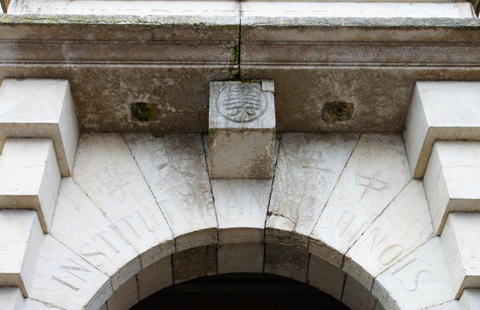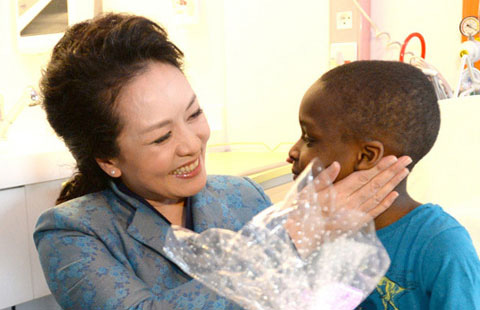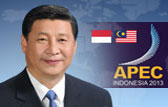Grandeur and centrality lift global renaissance
Updated: 2014-03-26 08:03
By David Gosset (China Daily)
Comments Print Mail Large Medium SmallHaving the highest self-image, the Chinese and the French are, taken collectively, especially sensitive to the variations of fortune and, when the inevitable vicissitudes of history reduce the grandeur or the centrality to a mere nostalgic representation, the sentiment of loss can be for them more acute than for other political bodies.
Beyond the contingent parameters of Sino-French relations, transient administrations or politico-economic conditions, Paris and Beijing, concerned by the destiny of mankind, will always find it necessary to articulate an explicit grandeur and an implicit centrality.
In the 21st century they have to coordinate the China Dream of renaissance and what the French Foreign Minister Laurent Fabius names in reference to his country puissance d'influence, or influential power.
Ironically, the gap between France's representation of herself and the weight of her relative power is widening and, therefore, contrasts with the Chinese centrality which is increasingly effective, but the global evolution won't erase the rich French heritage nor the French contribution to the making of Europe, and, more generally, it is precisely in the middle of the most challenging circumstances that the idea of grandeur can re-energize the country.
The synergies between centrality and grandeur are more than the affirmation of two separate political identities, they are impulsions for the new humanism of a global renaissance, connections between East and West as much as North and South, they are concrete universalism.
More than two millennia ago, Confucian humanism elevated the Chinese world, in the 18th century the "Encyclopedists", Diderot (1713-84), D'Alembert (1717-83) or Condorcet (1743-94), enlightened an entire continent, in a world of unprecedented interdependence the Sino-French intellectual interactions have already contributed to the making of a global civilization.
When a grand master of the Chinese traditional painting, Fan Zeng, resurrects Charles De Gaulle in an ink portrait, grandeur and centrality have already cross-fertilized, the human quest for solidarity and progress has ceased to be French or Chinese, it has simply become universal.
The author is director of the Academia Sinica Europaea at the China Europe International Business School (CEIBS), Shanghai, Beijing & Accra, and founder of the Euro-China Forum.







